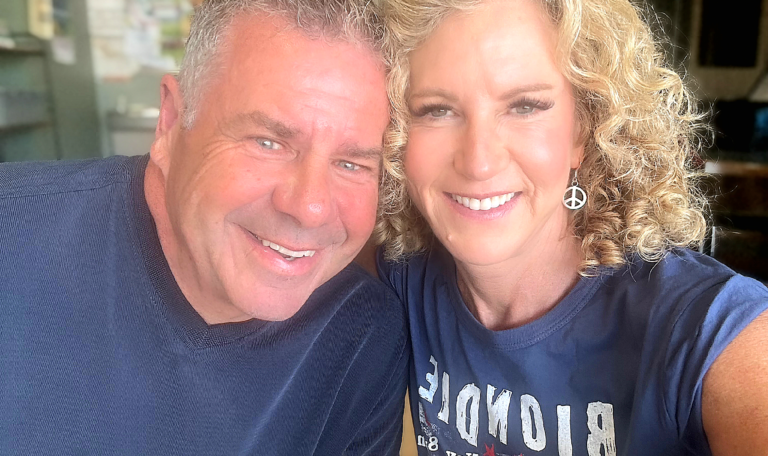 Proverbs 13:20 states, “Whoever walks with the wise becomes wise, but the companion of fools will suffer harm” (ESV). This profound biblical wisdom can be misinterpreted, especially when it comes to understanding the true value of rest in life. My journey has led me to realize that wisdom isn’t just about hard work and success but also about recognizing the essential role of rest in our lives.
Proverbs 13:20 states, “Whoever walks with the wise becomes wise, but the companion of fools will suffer harm” (ESV). This profound biblical wisdom can be misinterpreted, especially when it comes to understanding the true value of rest in life. My journey has led me to realize that wisdom isn’t just about hard work and success but also about recognizing the essential role of rest in our lives.
Early Misconceptions About Rest
Growing up, the worldly perspective of success heavily influenced my concept of wisdom. I looked up to older, seemingly successful individuals who embodied the ideals of hard work and material achievement. My circle of friends shared interests that kept us constantly engaged – sports, horses, girls, and partying. In this whirlwind of activity, the value of rest in life was a foreign concept that we never paused to consider. From a young age, I was instilled with the belief that anything worth having must be earned. While my mom and grandparents provided for my basic needs, I quickly learned that desires beyond necessities required personal effort. This approach, while teaching me the value of hard work, failed to emphasize an equally important lesson: the value of rest in life – for the soul, mind, and body.
The Misguided Pursuit of Success
As a young person full of energy and ambition, I questioned the need for rest. Why slow down when there is so much to achieve? The counsel I received from those I considered wise reinforced this mindset. I was taught that time is money and every minute should be utilized productively. This wisdom, however, came with a significant flaw: it assigned value only to activities with monetary worth or immediate gratification. My father’s teachings further reinforced this perspective. He imparted the belief that women were attracted to successful men who could make money and afford luxuries. He also instilled in me that whatever I earned through hard work was mine, emphasizing individual achievement over collective well-being or personal balance. This advice seemed to serve me well in my teens and early twenties. I threw myself into work, constantly striving for more, believing that rest was a luxury I couldn’t afford. The value of rest in life was overshadowed by the pursuit of success and material gain.
The Cost of Neglecting Rest
However, as I entered adulthood, the cracks in this philosophy began to show. The relentless pursuit of success, without understanding the value of rest in life, took its toll. I found myself exhausted, both physically and mentally. Relationships suffered as I prioritized work over connections. The joy I once saw in my pursuits began to wane, replaced by a constant sense of pressure and inadequacy. During this time, I began to question the wisdom I had so readily accepted in my youth. I realized that the value of rest in life goes far beyond mere physical recuperation. Rest is essential for mental clarity, emotional stability, and spiritual growth. Without it, we risk burning out, losing sight of our true purpose, and damaging the relationships that give life meaning.
Rediscovering the Value of Rest
This realization led me on a journey of rediscovery. I began to explore what the Bible says about rest beyond the commonly cited verses about the Sabbath. I found that rest is not just permitted but commanded by God. Jesus often withdrew to quiet places to rest and pray, setting an example for us all. I learned that proper rest isn’t about laziness or unproductivity. Instead, it’s about rejuvenation, reflection, and reconnection – with ourselves, others, and God. The value of rest in life lies in its ability to restore our perspective, renew our energy, and realign our priorities.
Reflecting on my journey to understanding the value of rest, I’m curious about others’ experiences. How were you taught about the importance of rest in your early years? What positive or negative lessons about rest shaped your approach to adulthood? I encourage you to share these reflections with others. By discussing our experiences, we can learn from and support one another in embracing a more balanced approach to life.

